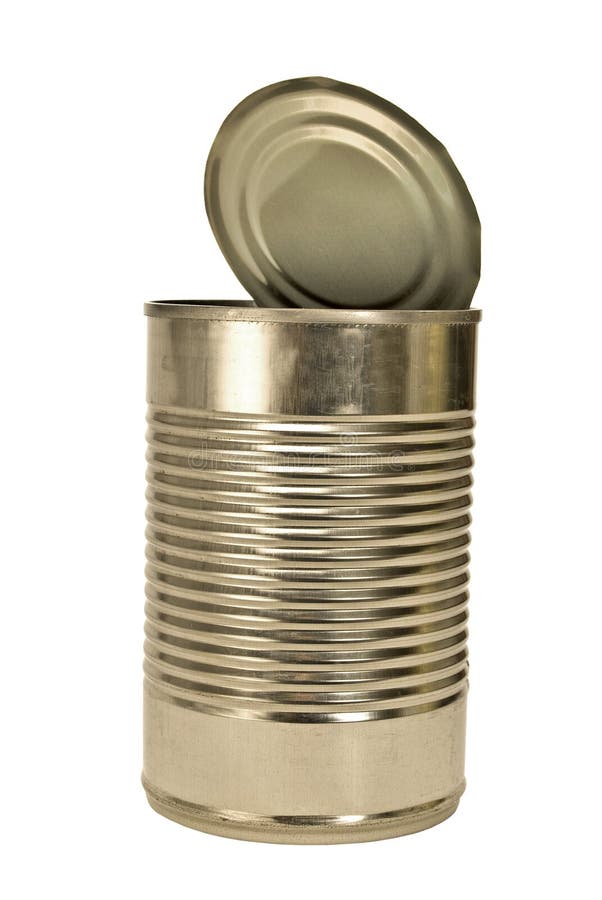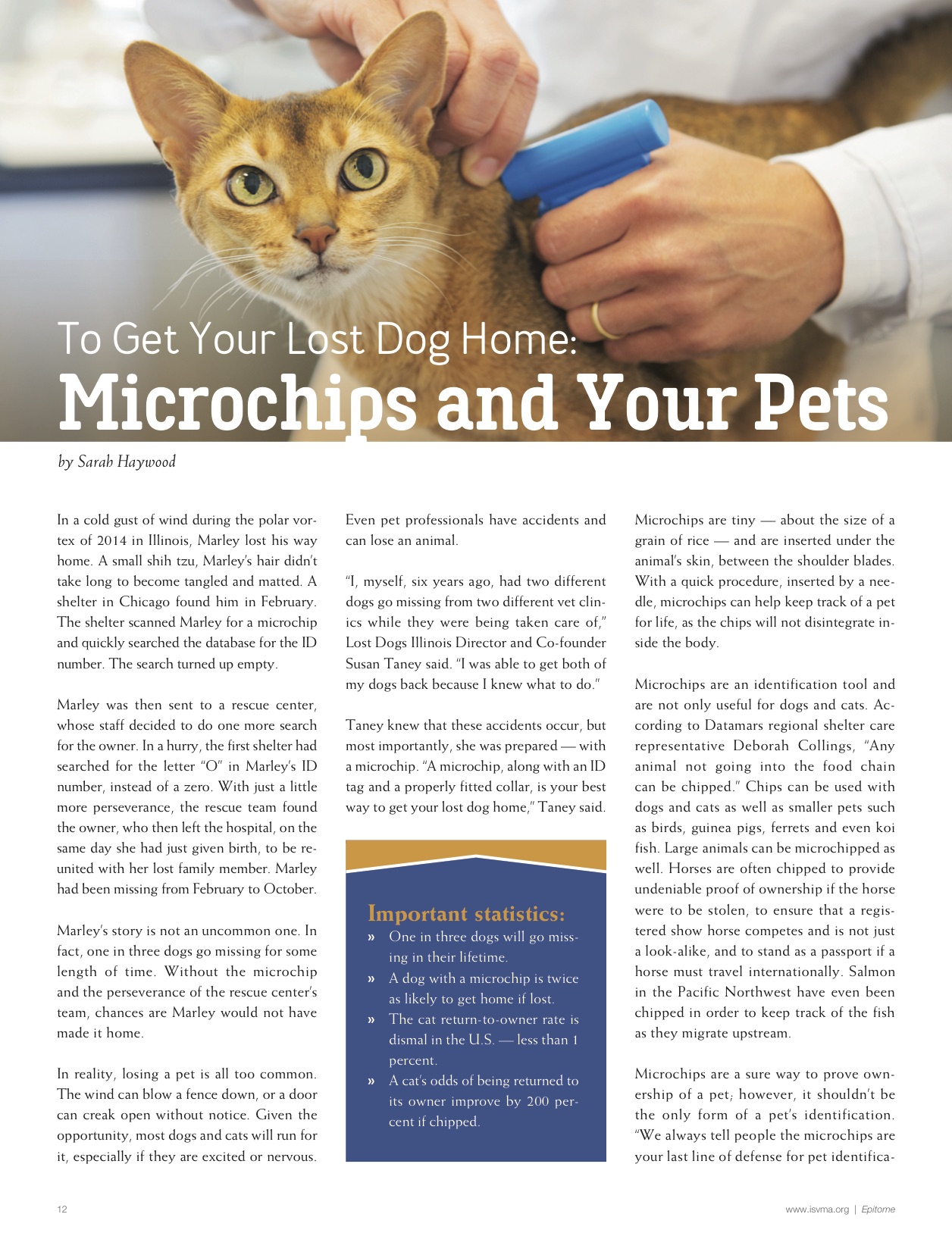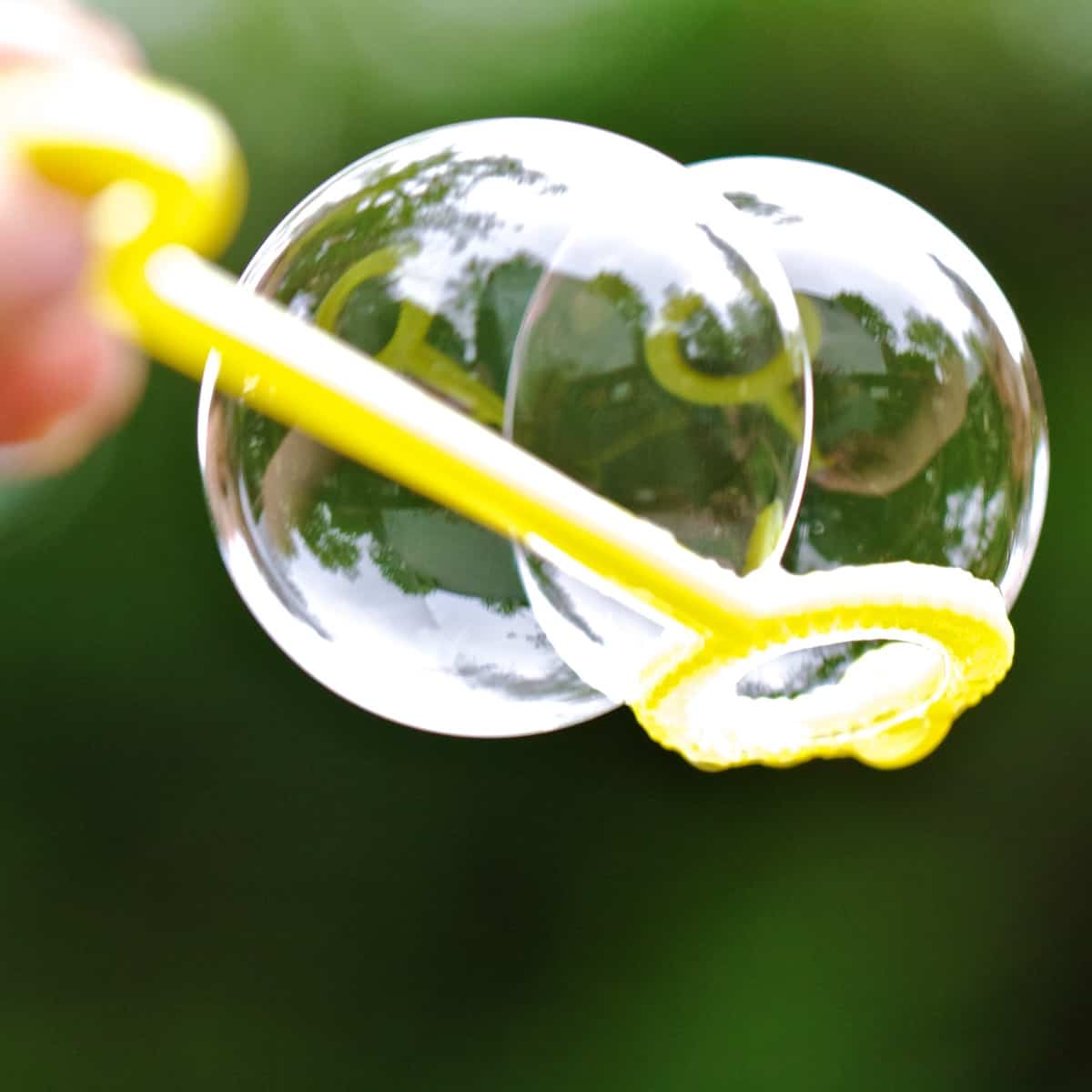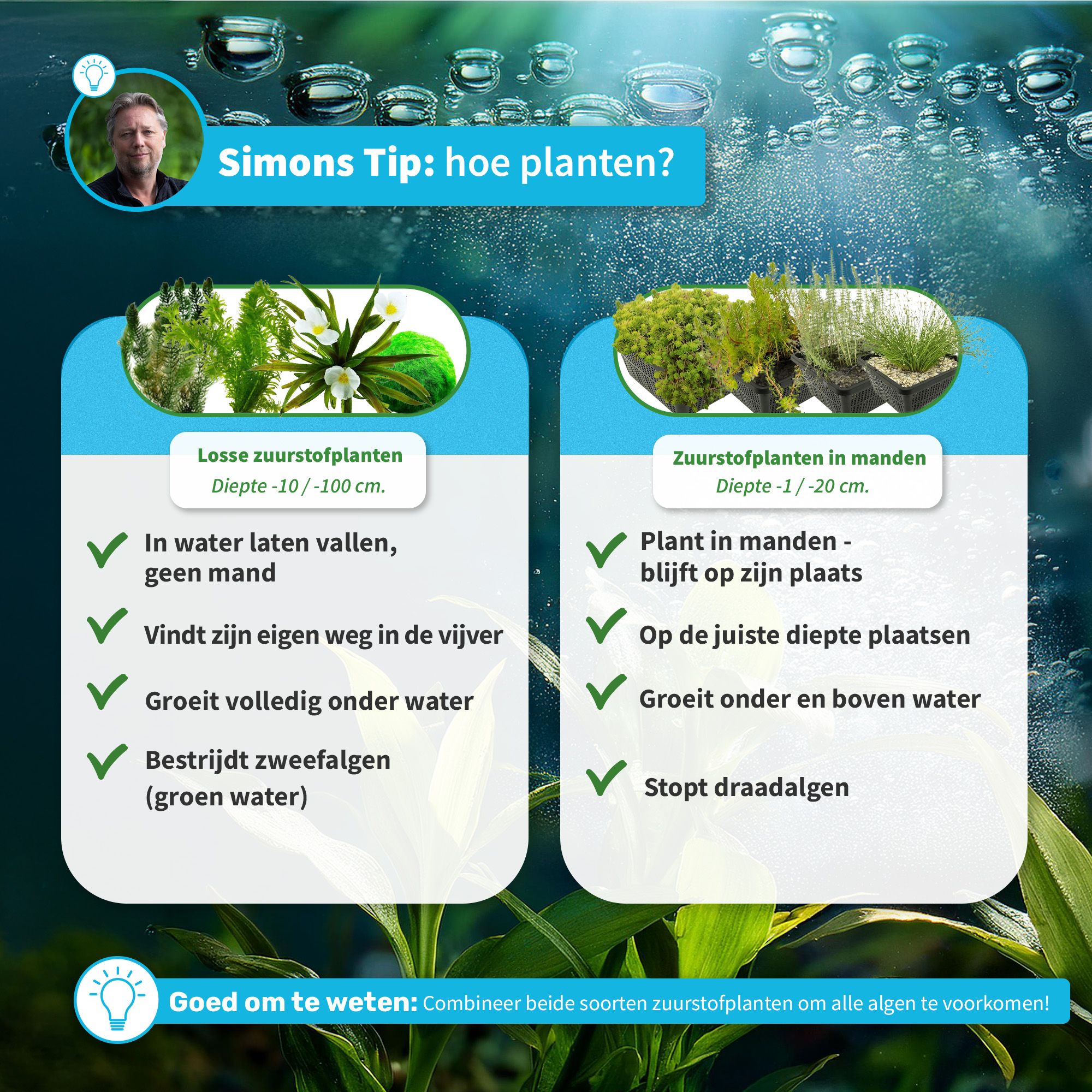Mrs. Meyer’s Cleaning Products: Safety Guide for Pet Owners
Are Mrs. Meyer’s cleaning products safe for pets?
Pet owners face a unique challenge when select household cleaning products. While we want our homes to smell fresh and look spotless, we must too consider the safety of our furry, feather, or scaly companions. Mrs. Meyer’s has gain popularity as an eco-friendly cleaning brand, but many pet parents wonder: are these products rightfully safe to use around animals?
Understand Mrs. Meyer’s product line
Mrs. Meyer’s clean day products are market as earth friendly cleaning solutions make with plant derive ingredients and essential oils. The brand emphasize its commitment to create products without parabens, phthalates, or artificial colors. Their product line includes:
- Multi surface cleaners
- Dish soaps
- Laundry detergents
- Hand soaps
- Air fresheners
- Specialty cleaners (bathroom, glass, etc. )
While the company promote a more natural approach to cleaning, this doesn’t mechanically guarantee safety for pets. Let’s examine the ingredients more close.
Key ingredients in Mrs. Meyer’s products
Mrs. Meyer’s products contain several categories of ingredients:
Plant derive surfactants
These clean agents help remove dirt and grime. While derive from plants, they can unruffled cause irritation if ingest or if they come into direct contact with pets’ skin in concentrated form.
Essential oils
Mrs. Meyer’s products are known for their pleasant scents derive from essential oils like lavender, lemon verbena, and basil. This is where pet owners need to exercise caution. Many essential oils can be toxic to animals, specially cats, whose livers can not efficaciously metabolize certain compounds.
Potentially problematic essential oils include:
- Tea tree oil (extremely toxic to cats )
- Citrus oils (can cause issues for cats )
- Pine oils (problematic for many pets )
- Eucalyptus (can be toxic when concentrate )
Fragrance
Beyond essential oils, Mrs. Meyer’s products contain proprietary fragrance blends. While the company state these are derived from natural sources, the specific ingredients are not full disclose, make it difficult to assess potential risks.
Pet specific concerns with cleaning products
Different pets have different sensitivities to clean products:
Cats
Cats are peculiarly vulnerable to clean products for several reasons:
- They groom themselves often, potentially ingest residue from surfaces
- Their liver lack certain enzymes need to process many chemicals and essential oils
- They have sensitive respiratory systems that can be affect by strong scents
- They oftentimes walk on fresh clean surfaces, so lick their paws
Dogs
While mostly less sensitive than cats, dogs can unruffled be effect by clean products:
- They may chew on lately clean items
- They can experience skin irritation from direct contact
- Strong scents can cause respiratory distress, specially in brachiocephalic( vapid faced) breeds
Birds
Birds have highly sensitive respiratory systems:
- Aerosols and strong scents can cause serious respiratory issues
- Eventide natural essential oils can be harmful when aerosolize
Small mammals
Rabbits, guinea pigs, hamsters, and other small pets:
- Have sensitive respiratory systems
- May be affect by residues on cage surfaces or bed
- Could ingest cleaning products when groom
What veterinarians say about Mrs. Meyer’s products
Veterinary opinions on Mrs. Meyer’s products tend to be guardedly optimistic but with important caveats:
Nearly veterinarian acknowledge that Mrs. Meyer’s products are mostly safer than conventional cleaners contain harsh chemicals like bleach, ammonia, or phenols. Nevertheless, they typically recommend:
- Use products in wellspring ventilate areas
- Keep pets outside from fresh clean surfaces until wholly dry
- Rinse surfaces that pets might flat contact or lick
- Being peculiarly cautious with intemperately scented products around sensitive pets
Veterinary toxicologists note that the diluted concentrations of essential oils in most Mrs. Meyer’s products are unlikely to cause serious harm in most cases, but direct exposure to concentrated products should be avoided.
Potential hazards and warning signs
While serious reactions to Mrs. Meyer’s products are not unremarkably report, pet owners should be aware of potential signs of toxicity or adverse reactions:
Symptoms of adverse reactions
- Respiratory issues: cough, wheezing, labored breathing
- Skin irritation: redness, itching, excessive scratching
- Digestive upset: vomiting, diarrhea, drool
- Behavioral changes: lethargy, disorientation
- Eye irritation: redness, excessive tearing, paw at eyes
If you notice any of these symptoms after use cleaning products, move your pet to fresh air now and contact your veterinarian.
Safer usage practices for pet households
To minimize risks when use Mrs. Meyer’s or any cleaning products around pets:
Before cleaning
- Remove pets from the area being clean
- Store all clean products firmly out of pets’ reach
- Consider use unscented versions for sensitive pets
- Test products in a small area firstly to observe any pet reactions
During cleaning
- Ensure proper ventilation by open windows or use fans
- Follow dilution instructions cautiously — ne’er use more than recommend
- Avoid spray products into the air where pets might inhale them
- Clean small areas at a time instead than entire rooms
After cleaning
- Allow surfaces to dry wholly before let pets cover into the area
- Rinse floors and other surfaces pet immediately contact with clean water
- Wash pet bed and toys individually from household items
- Observe pets for any unusual behavior or symptoms
Pet safe alternatives to consider
If you’re concerned about use Mrs. Meyer’s products around your pets, consider these alternatives:
Simple DIY solutions
- Vinegar and water solution (1:1 ratio )for general cleaning
- Bake soda for scrub and deodorize
- Plain water with microfiber cloths for many cleaning tasks
- Hydrogen peroxide for disinfect (keep outside from pets until dry )
Specialized pet safe products
Several companies make clean products specifically formulate to be safe around pets. These typically:
- Avoid essential oils know to be problematic for pets
- Use minimal fragrance or unscented formulations
- Contain enzymes that break down pet specific messes
- Are tested for safety around animals
Mrs. Meyer’s specific product safety analysis
Look at specific Mrs. Meyer’s products:
Multi surface cleaners
These are loosely considered low risk when use right and allow to dry wholly. The diluted concentration of essential oils is unlikely to cause issues for most pets, but surfaces that pet immediately lick or contact often should brinsedafterwardrds.
Dish soaps
These pose minimal risk if rinse good from pet food and water bowls. Ne’er leave residue that pets might ingest.
Laundry products
Mostly safe when use as direct and when pet bedding is good rinse. Some sensitive pets may develop skin irritation from fabric residues.
Air fresheners and room sprays
These present the highest risk due to aerosolize essential oils and fragrances. Use extreme caution with these products around pets, specially birds and cats.

Source: upgradeyourcat.com
Mrs. Meyer’s environmental commitment and pets
One advantage of Mrs. Meyer’s for pet owners is the brand’s commitment to environmental responsibility. This can indirectly benefit pets by:
- Reduce overall chemical exposure in the home environment
- Use biodegradable ingredients that break down more whole
- Avoid harsh chemicals that might accumulate in the environment
- Use sustainable packaging that reduce environmental impact
Notwithstanding, environmentally friendly doesn’t mechanically mean pet friendly — the two considerations sometimes overlap but are not identical.

Source: aftership.com
The bottom line: are Mrs. Meyer’s products safe for pets?
Mrs. Meyer’s products fall into a middle ground regard pet safety:
- They’re mostly safer than conventional cleaners contain harsh chemicals
- They contain fewer synthetic ingredients than many mainstream cleaning products
- The essential oils use present some risk, specially to cats and birds
- Proper usage and precautions importantly reduce potential hazards
For most pet households, Mrs. Meyer’s products can be use safely with appropriate precautions:
- Keep pets by during clean
- Ensure good ventilation
- Allow surfaces to dry entirely
- Rinse surfaces pet immediately contact
- Store products firmly
- Monitor pet for any adverse reactions
Households with specially sensitive pets — specially birds, cats with respiratory issues, or pets with a history of sensitivities — may want to consider unscented alternatives or products specifically market as pet safe.
Make the right choice for your pet family
Every pet is unique, and what work safely in one household might cause issues in another. Consider your specific circumstances:
- The types and species of pets you’ve
- Any exist health conditions or sensitivities
- The specific areas you need to clean
- Your pets’ behaviors (do they lick surfaces, chew items, etc. )
When in doubt, consult your veterinarian about specific cleaning products and your pets’ particular needs. They can provide personalized guidance base on your pets’ health history and species specific concerns.
With thoughtful product selection and proper usage practices, you can maintain both a clean home and a safe environment for your beloved animal companions.
MORE FROM grabscholarships.de













